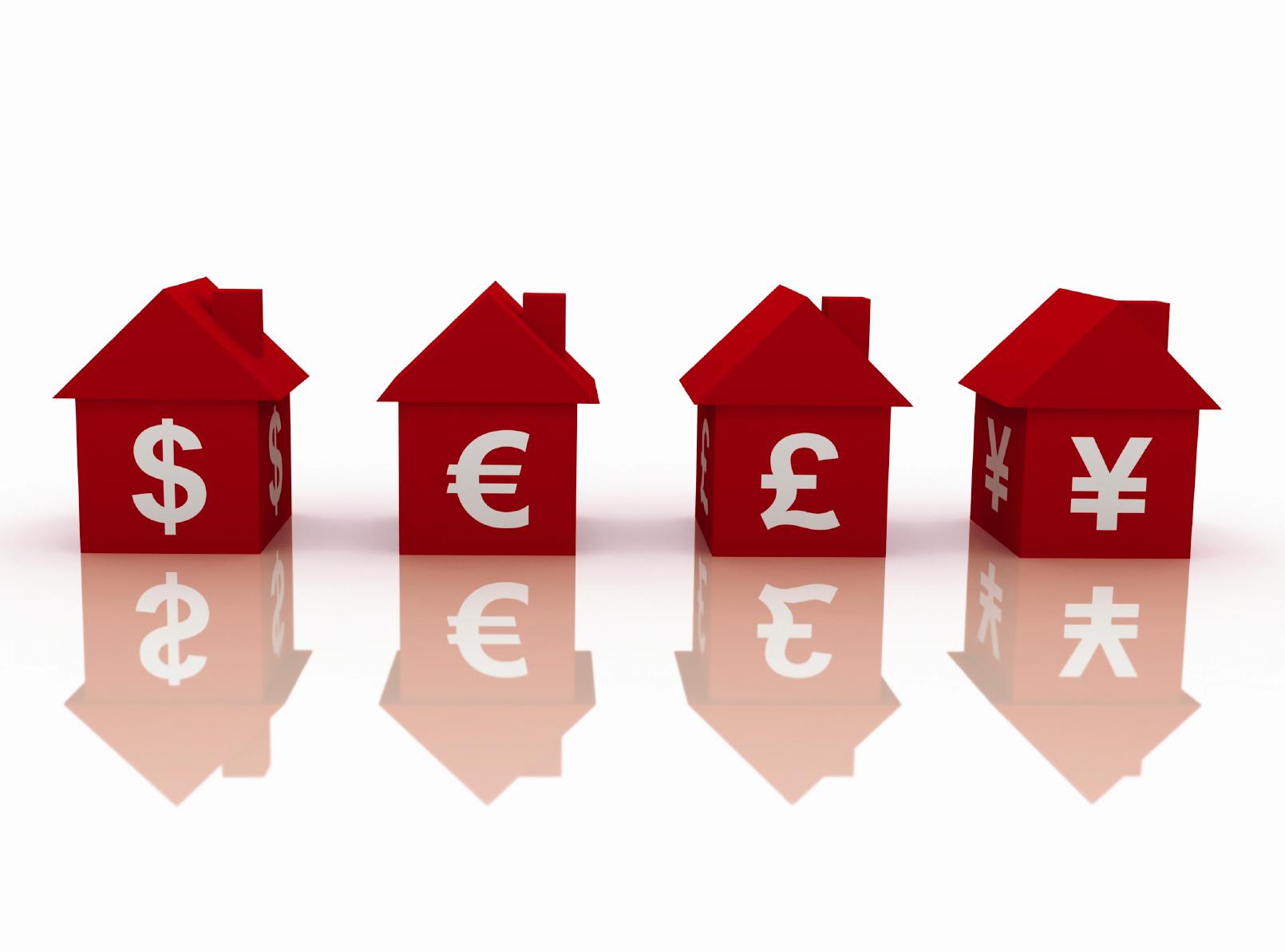Slumping currency last year in some of Southeast Asia’s most desirable markets including Thailand has created an opportunity for investors abroad to score significant savings if those purchasing the property are willing to cope with some uncertainties, the Wall Street Journal reported.
Property in Thailand is now ten percent to 15 percent less expensive than it was at the beginning of 2015 as the value of the Thai baht sunk, real-estate agency Engel & Volkers Phuket explained to the newspaper. The Thai baht has fallen 10.5 percent against the US dollar since May 2014.
Barry King, managing director at Prime Real Estate Phuket, told the newspaper that thanks to price declines on inland villas, he sold about 20 percent more properties priced at USD3 million or more during 2015.
Meanwhile Andrew Hunter, managing director at Hunter Sotheby’s International Realty in Phuket, noted that inquiries about properties priced above USD2 million have increased in the past 12 months, but actual sales have been soft as investors are waiting to see how the current political climate and economic instability plays out.
However, agents who spoke to the Wall Street Journal said the military junta has not created significant upheaval in the daily life of Thailand and it is business as usual throughout the country including the island of Phuket. The government is also making significant investments in the region’s infrastructure to help improve the area.
“The tourism sector has benefited from the relative political calm since the military took over,” Krystal Tan, Asia economist at research firm Capital Economics stated. The WSJ added that tourist visits rose 19 percent in 2015 compared with the previous year even with the mid-August bombing in Bangkok. Many analysts claim tourist arrivals are often a precursor to an increase in foreign buying of property.
Bali in Indonesia along with Malaysia are two other locations experiencing the same currency devaluations that are leading to more foreign interest in property. The Indonesian rupiah dropped 11.3 percent against the U.S. dollar in the past year while the Malaysian ringgit fell over 22.7 percent against the U.S. dollar, the WSJ reported. This has created some opportunities in the luxury housing market in both countries along with Thailand.



